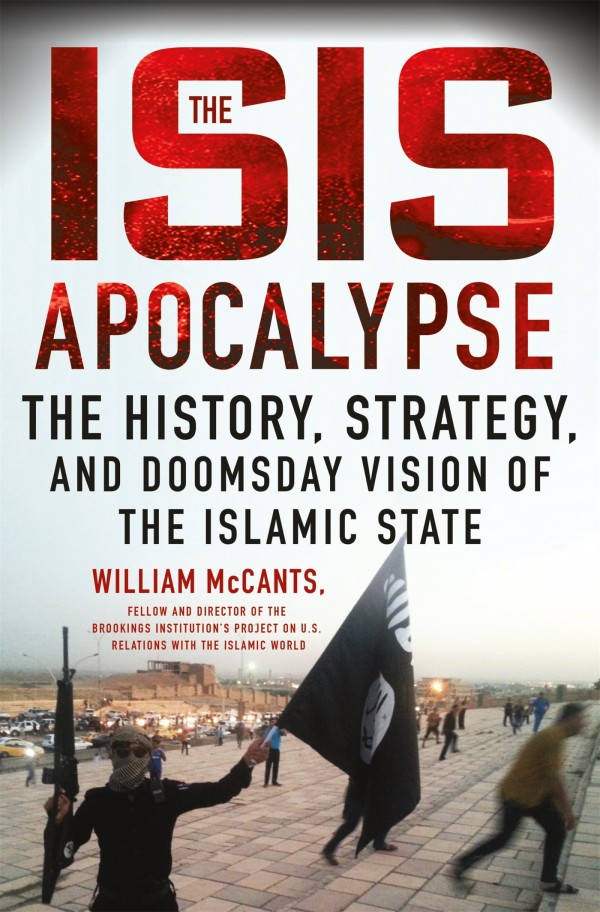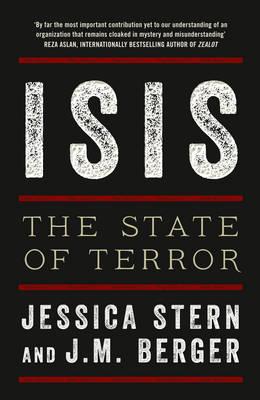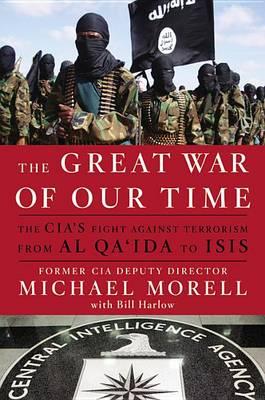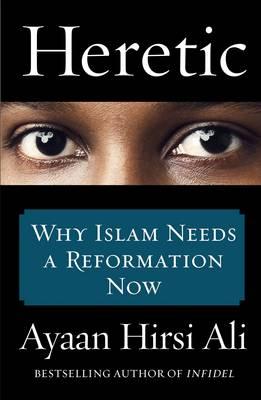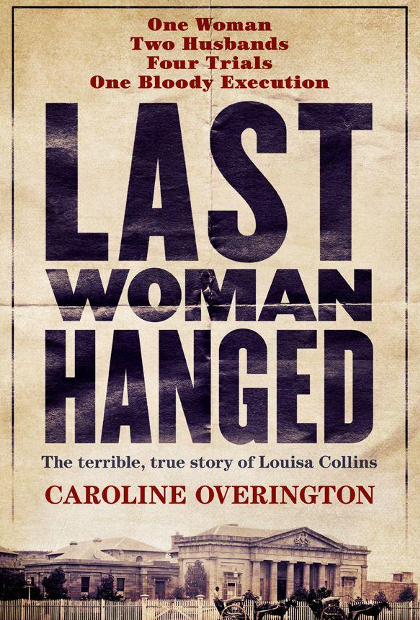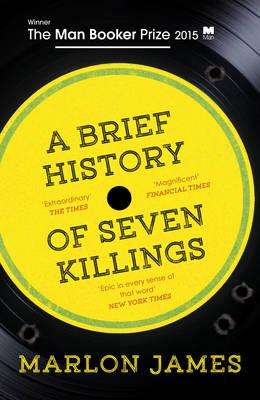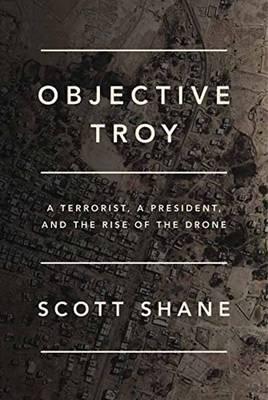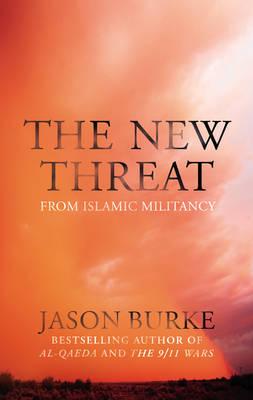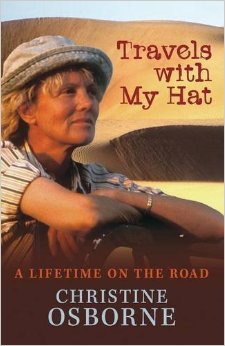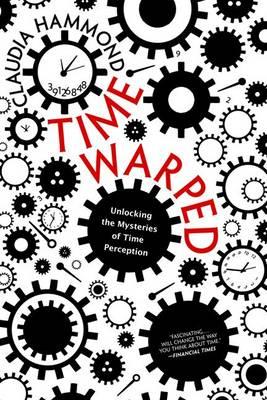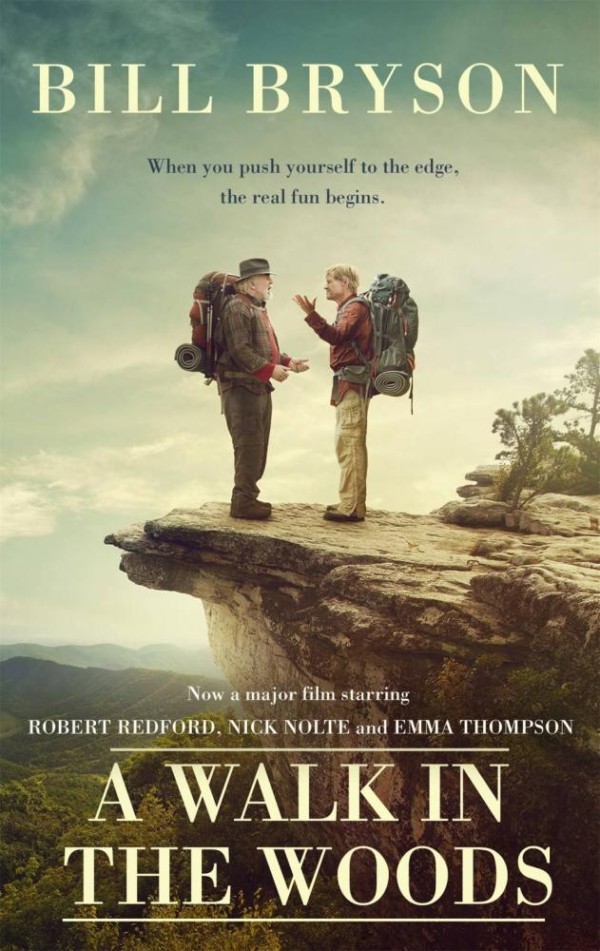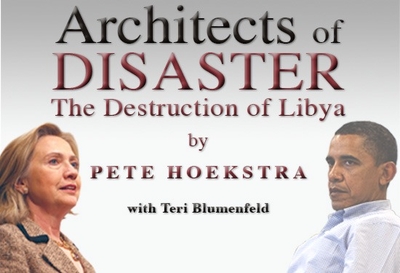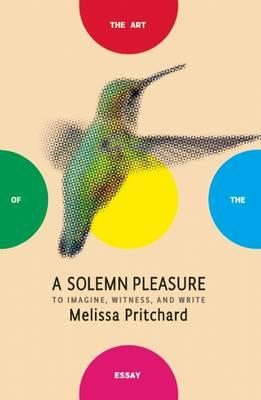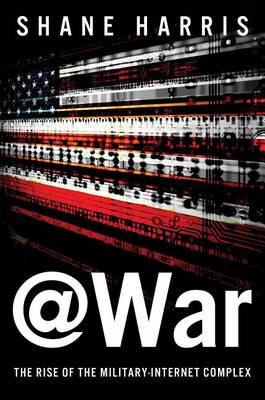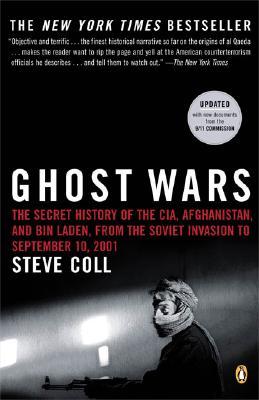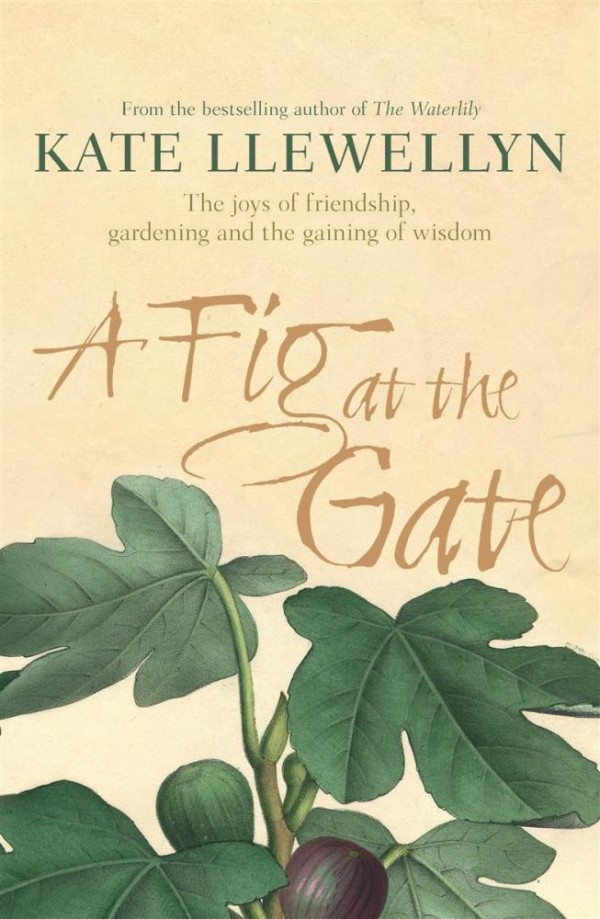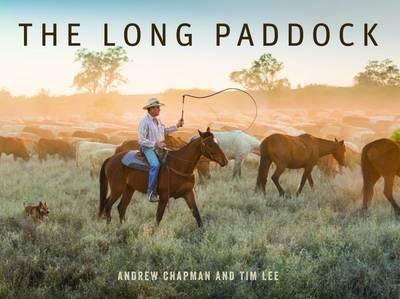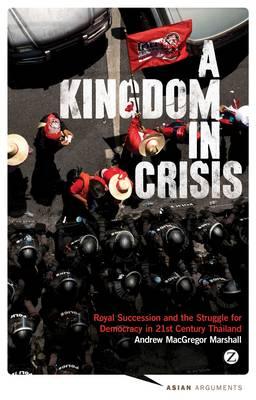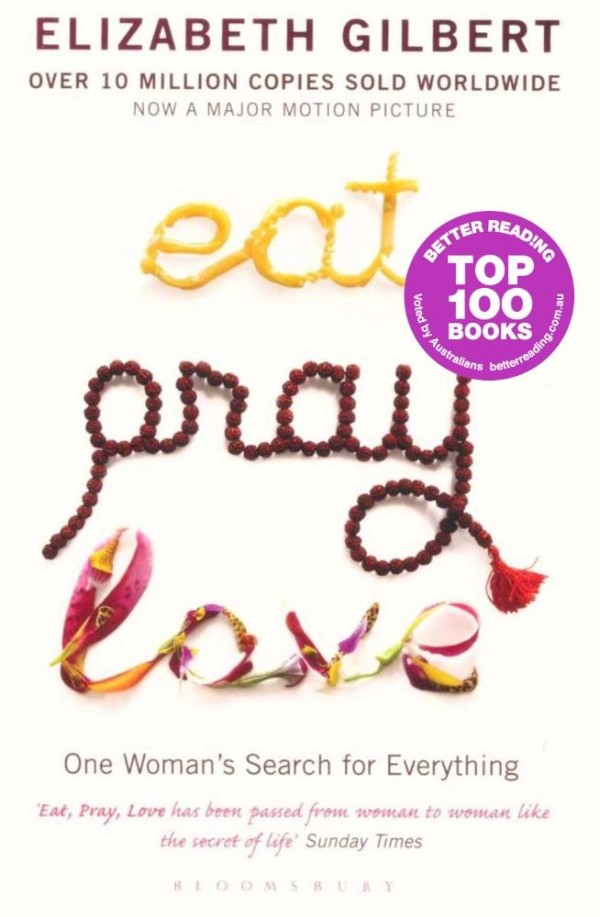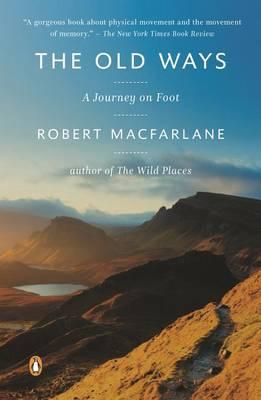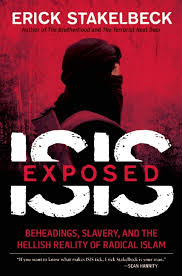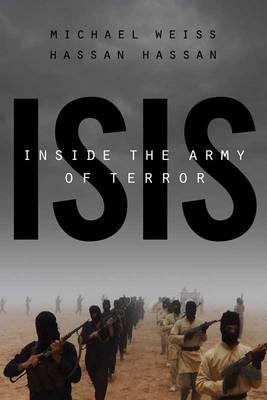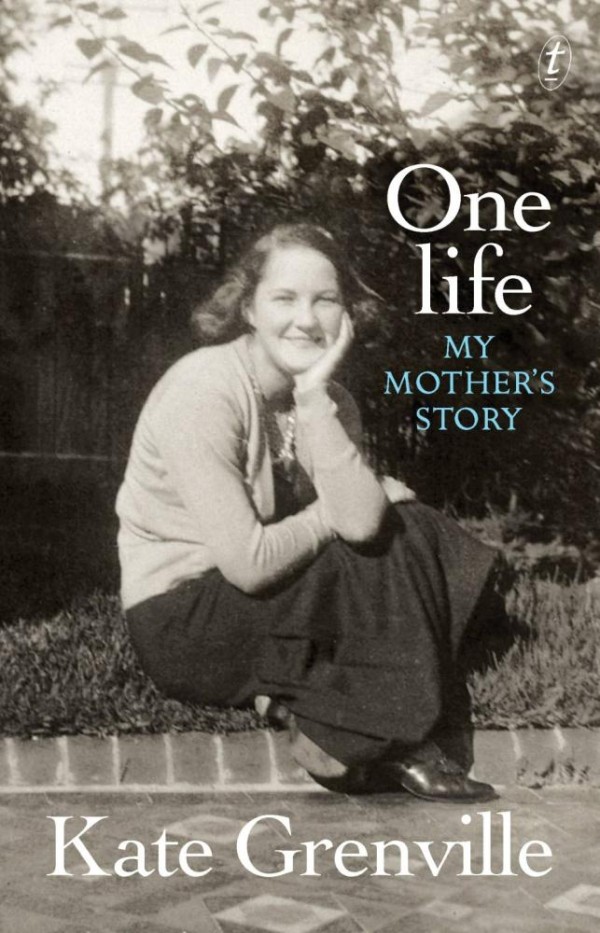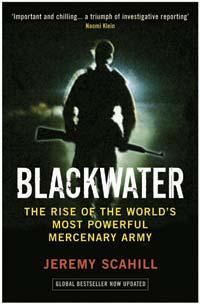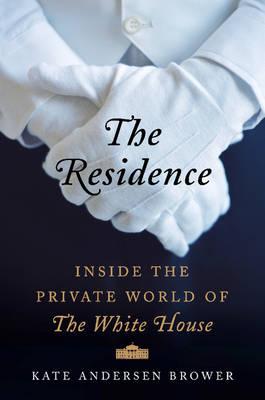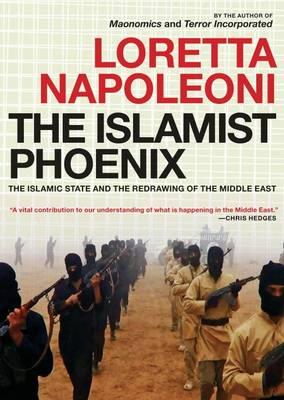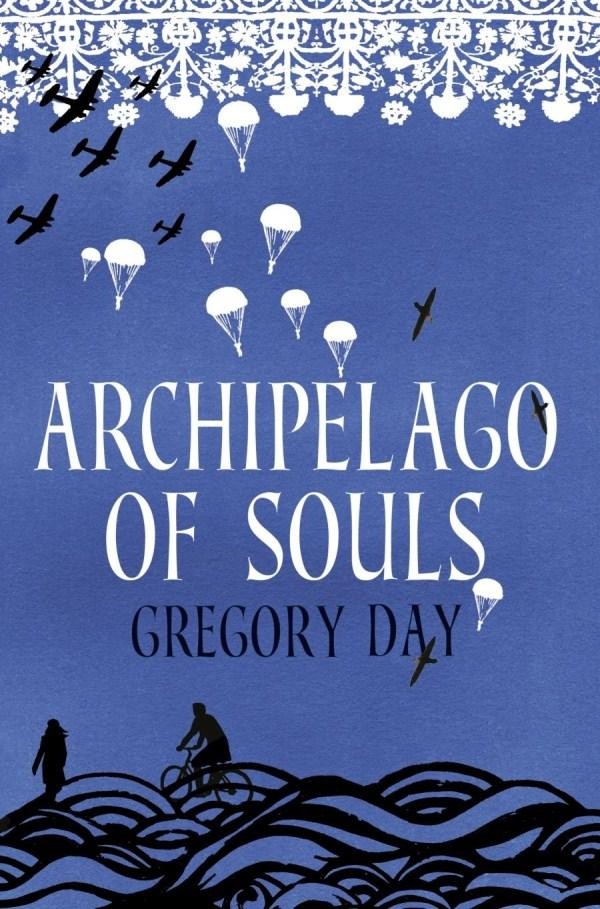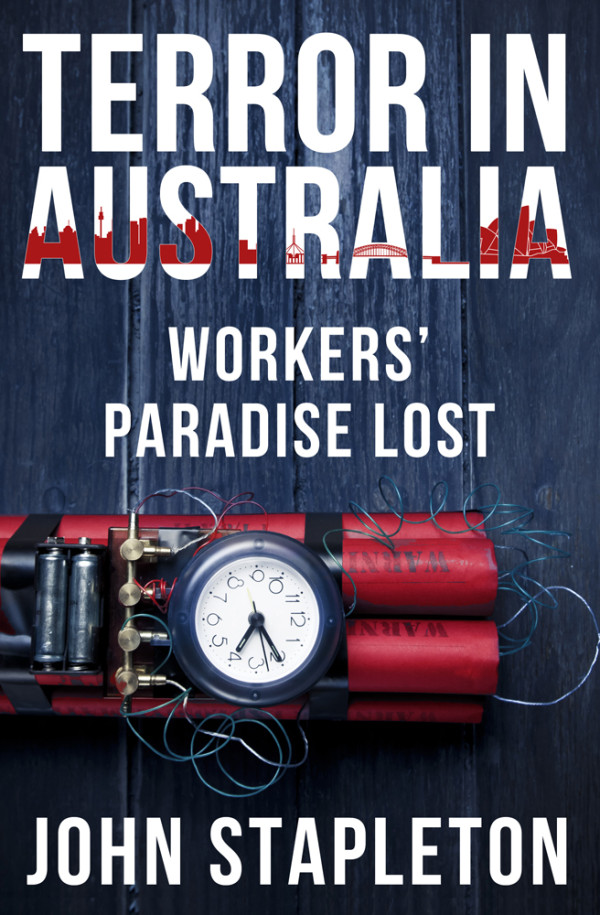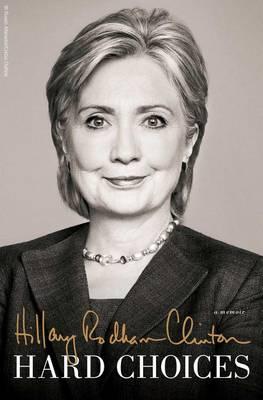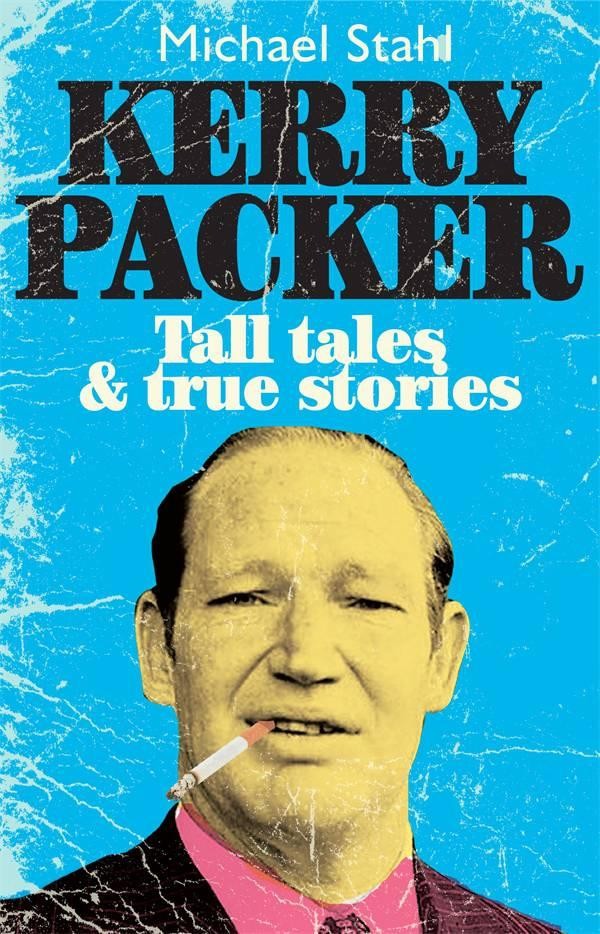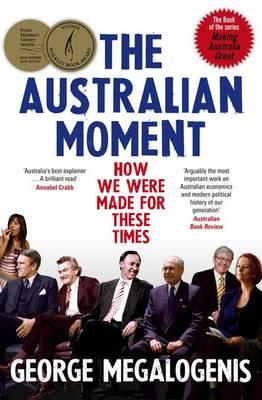Tag A Sense of Place Publishing
How did the Islamic State attract so many followers and conquer so much land? By being more ruthless, more apocalyptic, and more devoted to state-building than its competitors. In The ISIS Apocalypse: The History, Strategy and Doomsday Vision of Islamic State, author William McCant argues that the shrewd leaders of the Islamic State combined two of the most powerful yet contradictory ideas in Islam-the return of the Islamic Empire and the end of the world-into a mission and a message that shapes its strategy and inspires its army of zealous fighters. They have defied conventional thinking about how to wage wars and win recruits. Even if the Islamic State is defeated, jihadist terrorism will never be the same. Based almost entirely on primary sources in Arabic-including ancient religious texts and secret al-Qaeda and Islamic State letters that few have seen –The ISIS Apocalypse explores how religious fervor, strategic calculation, and doomsday prophecy shaped the Islamic State’s past and foreshadow its dark future.
Here is an extract condensed from the book:
Acclaimed as a major contribution to the world’s understanding of Islamic State, ISIS: The State of Terror by jihad experts Jessica Stern and J.M. Berger, delves into the ghoulish pornography of pro-jihadi videos and the seductive appeal of jihadi chic.
The Great War of Our Time: The CIA’s Fight Against Terrorism from AL’QAIDA to ISIS offers an unprecedented assessment of the CIA while at the forefront of our nation’s war against al-Qa’ida and during the most remarkable period in the history of the Agency. Called the “Bob Gates of his generation,” Michael Morell, former Deputy Director of the CIA, saw it all–the only person with President Bush on 9/11/01 and with President Obama on 5/1/11 when Usama Bin Laden was brought to justice. Like Ghost Wars, See No Evil, and At the Center of the Storm, The Great War of Our Time is a vivid, news making account of the CIA, a life of secrets, a war conducted under the cloaks of darkness and disinformation; a war the public does not understand.
In Heretic: Why Islam Needs A Reformation Now. Bestselling author of Infidel and Nomad: From Islam to America, A Personal Journey Through the Clash of Civilizations, Ayaan Hirsi Ali, asks why the borders of Islam are so bloody. Interweaving her own experiences, historical analogies and powerful examples from contemporary Muslim societies and cultures, Heretic is not a call to arms, but a passionate plea for peaceful change and a new era of global toleration. With jihadists killing thousands from Nigeria to Syria to Pakistan, this book offers an answer to what has already become the world’s number one security issue. Ayaan Ali has received death threats as a result of writing this book. At least the threats are testament to the fact that words and ideas have power; and rather than the coercion and intimidation of fundamentalists or the tragic group think of the West, ideas need to be debated on open plains, people need to learn to think for themselves. Fundamentalists claim this controversial book is anti-Muslim; rather the author urges Muslims to return to the original beauties of their faith, to the first preachings of Mohammed, to a religion of peace, love, tolerance and compassion. But in these times of peril, in The Age of Terror, it is also vital that the terrible societies created by secular Western democracies, all of them in decay, take a good look at themselves and learn to value their own citizens, rather than discard them in the brutal cruelties of modern capitalism, globalisation, misguided laws and failed social policies. The Sharia is taking hold in the West precisely because it is vulnerable.
One woman. Two husbands. Four trials. One bloody execution. Last Woman Hanged is the latest book from award winning journalist Caroline Overington. In January 1889, Louisa Collins, a 41-year-old mother of ten children, became the first woman hanged at Darlinghurst Gaol and the last woman hanged in New South Wales. Both of Louisa’s husbands died suddenly. The Crown was convinced that Louisa poisoned them with arsenic and, to the horror of many in the legal community, put her on trial an extraordinary four times in order to get a conviction.
Jamaican author Marlon James has won the prestigious Man Booker Prize with his book A Brief History Of Seven Killings. The 44-year-old author is the first Jamaican to win the prize in its 47-year history, with his tale about an assassination attempt on Bob Marley which offers a window into 1970s and 1980s Jamaica. “Oh my god, oh wow,” James said as he took to the podium after being announced the winner at the ceremony in London. “This is so sort of ridiculous I think I’m going to wake up tomorrow and it didn’t happen,” he added, as he dedicated the award to his late father. Chair of the judges Michael Wood said the book was “startling in its range of voices and registers … a representation of political times and places”. “It is a crime novel that moves beyond the world of crime and takes us deep into a recent history we know far too little about,” he said. “It moves at a terrific pace and will come to be seen as a classic of our times.”
Jason Burke, veteran correspondent and author of the bestselling Al-Qaeda, identifies the population explosion in countries such as Egypt and Tunisia as a major factor in the rise of Islamic militancy in his new book The New Threat From Islamic Militancy. Described as important and impressive by The Guardian newspaper, the book describes how millions in their 20s, unable to find work or a partner, are drawn by the promise of a purpose, a thrill and, yes, sex. Fight well, make money, get yourself a girl. Isis is not the first to offer this, but it has taken it to a new level. “Terrorism,” the self-proclaimed caliph of Isis has said, “is to worship Allah as He ordered you.” From Syria to Somalia, from Libya to Indonesia, from Yemen to the capitals of Europe, Islamic militancy appears stronger, more widespread and more threatening than ever.
A Sense of Place Publishing is proud to have helped bring this wonderful book to a broader audience. Travels with My Hat: A Lifetime on the Road is the story of how an Australian nurse switched careers to become an award-winning international travel writer and photographer.
The Arrow of Time, or Time’s Arrow, is a concept developed in 1927 by the by the British astronomer Arthur Eddington involving the “one-way direction” or “asymmetry” of time. This direction, which can be determined, according to Eddington, by the studying of the organisation of atoms, molecules and bodies. The latest cosmological theories explain why humans, trapped within the decay or entropy of their own forms, possess an illusory sense of time as running in only one direction. Time Warped: Unlocking the Mysteries of Time Perception — a foray into the idea that our experience of time is actively created by our own minds and how these sensations of what neuroscientists and psychologists call mind time are created is written by acclaimed BBC broadcaster and psychology writer Claudia Hammond. In a world of increasing polarisation, where the push to fundamentalism of thought and creed, as exemplified by Islamic State, is contrasted with an accelerating push towards a coming enlightenment of the human condition by some of the world’s greatest intellects, these debates are increasingly vital.
Now a motion picture starring three of the world’s great actors, Robert Redford, Nick Nolte, Emma Thompson, A Walk in the Woods is coming to a screen near you. Based on the book by the best selling and astonishingly, enduringly popular author Bill Bryson, tells the story of how he set off to hike the Appalachian Trail after some years overseas, rediscovering America in the process.
As Maria Popova observes in her masterful newsletter Brain Pickings, art is a Form of Active Prayer. Why do we humans create – why do artists make art, why do writers write? Pablo Neruda gave a beautiful answer in his metaphor of the hand through the fence. For Joan Didion, the impulse is a vital gateway to her own mind. David Foster Wallace saw it as a mode of fun-having and truth-telling. For Italo Calvino, it was a matter of belonging to “a collective enterprise.” William Faulkner simply believed it to be “the most satisfying occupation man has discovered yet.” But even more important, perhaps, is the question of why – and how – artists continue to make art in the face of the rejection, ridicule, and indifference with which their society often meets them. That immutable inquiry is what novelist, short story writer, and journalist Melissa Pritchard explores with unparalleled luminosity in an essay titled “Spirit and Vision” from her altogether magnificent first nonfiction collection, A Solemn Pleasure: To Imagine, Witness, and Write. The piece – a sort of open letter to writers and, by extension, all artists – bears that cynicism-disarming quality of a commencement address and enchants the psyche like an incantation.
He who controls cyber space controls the world. The Author of @War: The Rise of the Military-Internet Complex, Shane Harris, is an American journalist and author at Foreign Policy magazine. He specializes in coverage of America’s intelligence agencies, notably writing the book The Watchers: The Rise of America’s Surveillance State. In the prologue to his new book he writes: “The leaders of the intelligence agencies, top military officers, and the president himself say that the consequences of another major terrorist attack on American soil pale in comparison with the havoc and panic a determined and malicious group of hackers could cause. Instead of stealing information from a computer, they could destroy the computer itself, crashing communications networks or disabling systems that run air traffic control networks. They could hijack the Internetconnected devices that regulate the flow of electrical power and plunge cities into darkness. Or they could attack information itself, erasing or corrupting the data in financial accounts and igniting a national panic.”
With the publication of Ghost Wars, an explosive account of America’s secret history in Afghanistan, journalist Steve Coll became not only a Pulitzer Prize winner, but also the expert on the rise of the Taliban, the emergence of Bin Laden, and the efforts by CIA officers and their agents to capture or kill Bin Laden in Afghanistan after 1998. Just as America’s hapless involvement in Iraq spawned the Islamic State, so its involvement in Afghanistan boosted the power of al-Qaeada.
Fulfilling, funny and utterly beguiling, A Fig at the Gate: The Joys of Friendship, Gardening, and the Gaining of Wisdom, her 19th book, takes us with Kate Llewellyn, now in her seventies, as she embraces a new phase in her life, establishing and nourishing an entirely new garden in which she finds not only delight but a focus for a meditation on aging.
Drovers lead lives governed by the pace of their herds, the rhythm of the seasons and by the travelling stock routes on which they move. These pathways are known to most Australians as The Long Paddock. Acclaimed documentary photographer Andrew Chapman and award-winning journalist and author Tim Lee have followed in the pathways of the drovers.
Banned in Thailand, A Kingdom in Crisis: Royal Succession and the Struggle for Democracy in 21st Century Thailand is essential reading for anybody wanting to know what is happening in 21st century Thailand, and what the future holds. With the Thai King in failing health, Thailand stands at a defining moment in its history, struggling to emerge from a despotic past, and convulsed by an intractable conflict that will determine its future. Scores have been killed on the streets of Bangkok. Freedom of speech is routinely denied. Democracy appears increasingly distant. Long dreaded by Thais, the death of King Bhumibol Adulyadej is expected to unleash even greater instability. Yet in spite of the impact of the crisis, and the extraordinary importance of the royal succession, they have never been comprehensively analyzed, because Thailand’s draconian lese majeste law has silenced most discussion – until now. Veteran foreign correspondent Andrew MacGregor Marshall is the only journalist covering contemporary Thailand who has taken the decision to break Thai law and tell the whole story. In this book he provides a comprehensive explanation that makes sense of the crisis for the first time, revealing the unacknowledged succession conflict that has become entangled with the struggle for democracy in Thailand. Besides shedding light on Thailand’s divisions, Marshall provides the only detailed discussion of the looming succession available in the public domain.
Buy Now
Pre-orders are now available for Pulitzer Prize winning author Geraldine Brooks new book The Secret Chord, about the life of King David, due out in October. 1000 BC. The Second Iron Age. Anointed as the chosen one when just a young shepherd boy, his journey is a tumultuous one and the consequences of his choices will resound for generations. In a life that arcs from obscurity to fame, he is by turns hero and traitor, glamorous young tyrant and beloved king, murderous despot and remorseful, diminished patriarch. His wives love and fear him, his sons will betray him. For her research Brooks traveled to Israel with her youngest son Bizu. Although the landscape of the country had changed over the centuries, Ms. Brooks was able to look out over the actual sites of former battlefields. “There are certain similarities to all battlefields,” she said. “The way they smell, what bodies look like. Unfortunately, I have 10 years of experience with that.”
Always, just around the corner, is a newer, better life. The chance to escape your past. The chance to be a new person. The opportunity to be happy. Finally. There has been no better known or more successful book or film on the deeply personal and transformational impacts of travel than Eat Pray Love by journalist Elizabeth Glibert.
In this exquisitely written book, which folds together natural history, cartography, geology, and literature, Robert Macfarlane sets off to follow the ancient routes that crisscross both the landscape of the British Isles and its waters and territories beyond. The result is an immersive, enthralling exploration of the voices that haunt old paths and the stories our tracks tell. Macfarlane’s journeys take him from the chalk downs of England to the bird islands of the Scottish northwest, from Palestine to the sacred landscapes of Spain and the Himalayas. He matches strides with the footprints made by a man five thousand years ago near Liverpool, sails an open boat far out into the Atlantic at night, and commingles with walkers of many kinds, discovering that paths offer a means not just of traversing space but also of feeling, knowing, and thinking.
ISIS Exposed: Beheadings, Slavery and the Hellish Reality of Radical Islam, by host of CBN’s The Watchman Erick Stakelbeck, unveils how the propaganda masters of Islamic State are determined to get the West’s attention. They’ve humiliated the Iraqi Army trained by America and seized territory in Iraq that had been secured at the cost of so much American blood and treasure. They’ve beheaded American journalists on camera in a direct challenge to the power and resolve of the United States. And now ISIS is calling for “city wolves” across the United States, Europe and Australia to act on their dedication to the Islamic State’s blood-drenched ideology and murder random Americans going about our daily business.
ISIS: Inside the Army of Terror is a revelatory look at the world’s most dangerous terrorist group. Initially dismissed by US President Barack Obama, along with other fledgling terrorist groups, as a “jayvee squad” compared to al-Qaeda, the Islamic State of Iraq and Syria (ISIS) has shocked the world by conquering massive territories in both countries and promising to create a vast new Muslim caliphate that observes the strict dictates of Sharia law.
When Kate Grenville’s mother died she left behind many fragments of memoir. These were the starting point for One Life, the story of a woman whose life spanned a century of tumult. For many years, Nance recorded her memories in ordinary exercise books. The neatly handwritten stories start confidently, peter out after a few pages, and give way to Italian language exercises and other scribbled notes. One Life is an act of great imaginative sympathy, a daughter’s intimate account of the patterns in her mother’s life. It is a deeply moving homage by one of Australia’s finest writers.
Blackwater USA was the private army that the US government quietly hired to operate in international war zones and on American soil. Its contacts ran from miltiary and intelligence agencies to the upper echelons of the White House; it had a military base, a fleet of aircraft and 20,000 troops, but since September 2007 the firm has been hit by a series of scandals that, far from damaging the company, have led to an unprecedented period of expansion. This revised and updated edition includes Scahill’s continued investigative work into one of the greatest outrages of our time: the privatisation of war. While Barack Obama pledged to rein in mercenary forces when he was a senator, once he became president he continued to employ a massive shadow army of private contractors. Blackwater — despite numerous scandals, congressional investigations, FBI probes and documented killings of civilians in both Iraq and Afghanistan — remained a central part of the Obama administration’s global war machine throughout his first term in office.
From its birth in the late 1990s as the jihadist dream of terrorist leader Abu Musab al Zarqawi, the Islamic State has grown into a massive enterprise, redrawing national borders across the Middle East and subjecting an area larger than the United Kingdom to its own vicious brand of Sharia law. This is not another terrorist network but a formidable enemy in tune with the new modernity of the current world disorder. One of the world’s leading experts on terror financing Loretta Napoleoni argues that Ignoring these facts is more than misleading and superficial, it is dangerous. ‘Know your enemy’ remains the most important adage in the fight against terrorism. Here is a book extract.
The Archipelago of Souls is a novel set on two islands. The experiences on one become an antidote for the dark experiences of the other. The exposed place is King Island, in Bass Strait, where Australian soldier Wesley Cress comes to live after World War II. Wesley grew up in the Western Districts of Victoria, joined the Australian army from Manly in NSW and ended up fighting a solo war on Crete after he managed to get left behind by his unit and thus became its only survivor. On Crete, the second island in the novel, Cress fought an idiosyncratic war both with himself and with a largely unseen enemy. Day’s account of Cress’ grinding struggle on Crete is remarkable in every way. It is based on exhaustive research into the combat on Crete, a less familiar chapter than some other battles, a theatre in which geography played no small part.
A Sense of Place Publishing is proud to announce the forthcoming book Terror in Australia: Workers’ Paradise Lost.
Prepubication drafts are now available for interested reviewers.
Please request a copy at: [email protected]
This book is a sidewinding missile into the heart of Australian hypocrisy.
Terror in Australia: Workers’ Paradise Lost, by veteran journalist John Stapleton, is a beautifully written snapshot of a pivotal turning point in the history of the so-called Lucky Country.
Will Hillary Clinton be the next US President? A showdown between her and Donald Trump could turn out to be one of the most colourful presidential campaigns in the nation’s history. Don’t you want to see a woman in the White House? Clinton asks. Well yes, but whether or not it is her, on that question Americans are deeply divided. Critics believe her election would be a disaster for the nation’s security and foreign policy. In an attempt to humanise herself, in Hard Choices: A Memoir the 67-year-old pitches herself as a mother and a grandmother as much as a politician and a diplomat.
Kerry Packer was instrumental in shaping Australia’s media landscape and culture. For 30 years he controlled television’s perennial ratings leader Channel Nine, and a large percentage of the nation’s most influential magazines. So much of what Australians watched, read and believed came through the prism of this larger-than-life man. Beneath all the billionaire clutter, Kerry Packer had plenty in common with the average Joe: a cheeky humour, a competitive drive, deep love for his kids, a passion for sports and movies. In business, Kerry Packer would fight to the last dollar in a deal. Yet the same man would take his private jet to Las Vegas and lose more than $20 million in a week – then leave a $1 million tip. In his Park Street, Sydney office, where the visitors’ chairs were clustered in front of his giant desk, Packer would verbally dissect a hapless executive, but no less often, the very same man would step in silently and invisibly when hardship or tragedy struck a loyal staffer or their family.
The Australian Moment: How We Were Made For These Times is the book on which the 2015 television series Making Australia Great is based. Journalist George Megalogenis won the 2013 Prime Minister’s Literary Award and the 2012 Walkley Book Award for his bestselling political book. This newly published additions includes a new afterward and appendix. Megalogenis argues that there is no better place to be during economic turbulence than Australia: “Brilliant in a bust, we’ve learnt to use our brains in a boom. Despite a lingering inability to acknowledge our achievements at home, the rest of the world asks: how did we get it right?”
